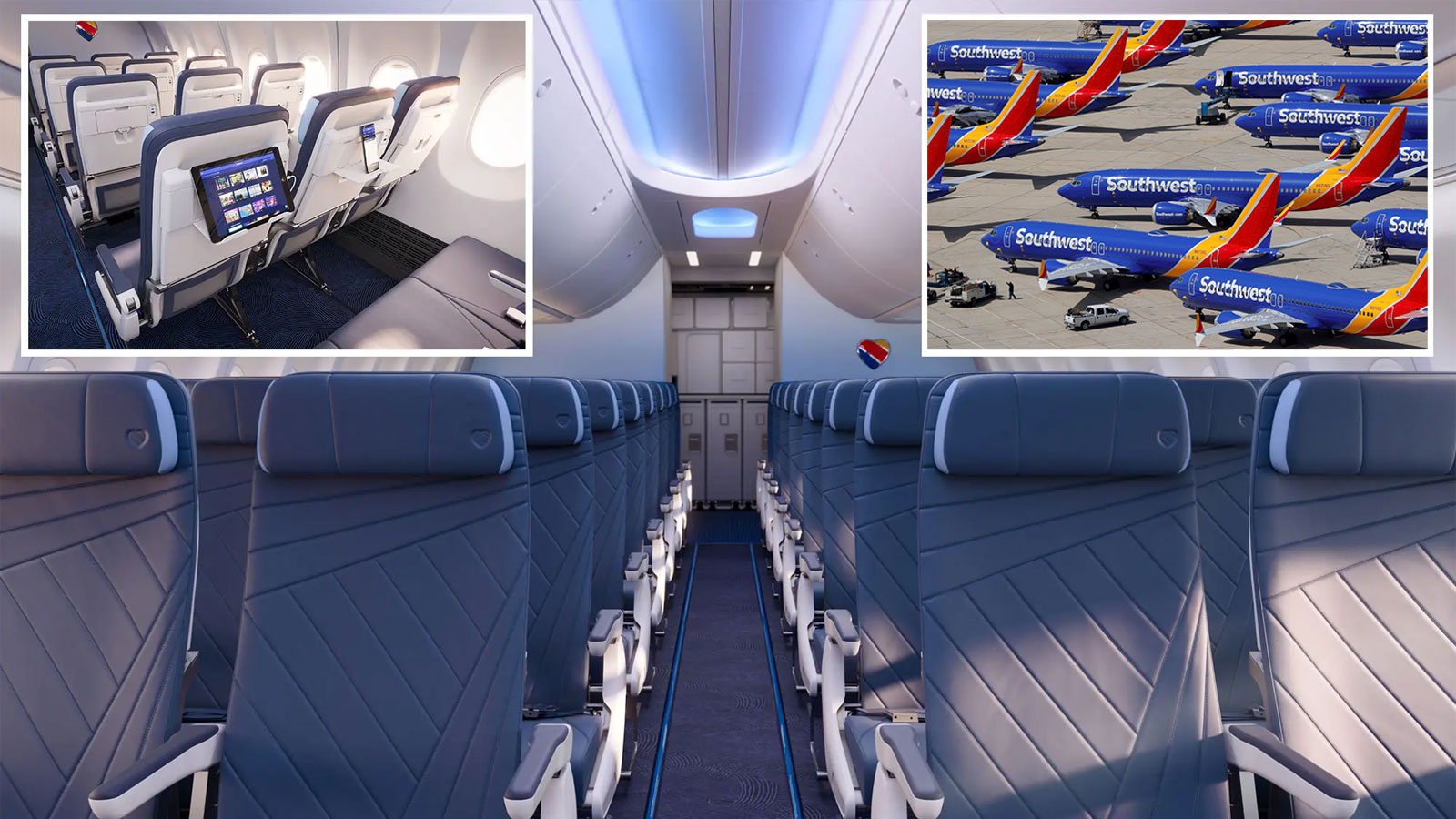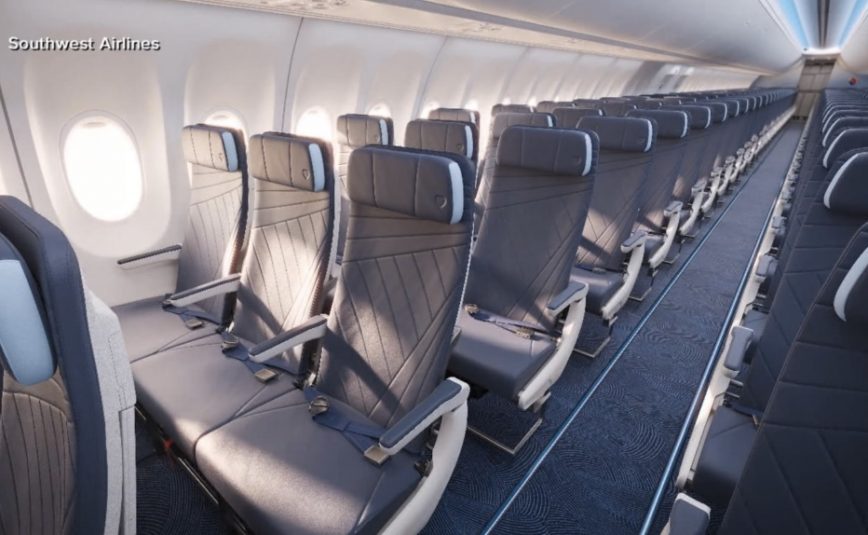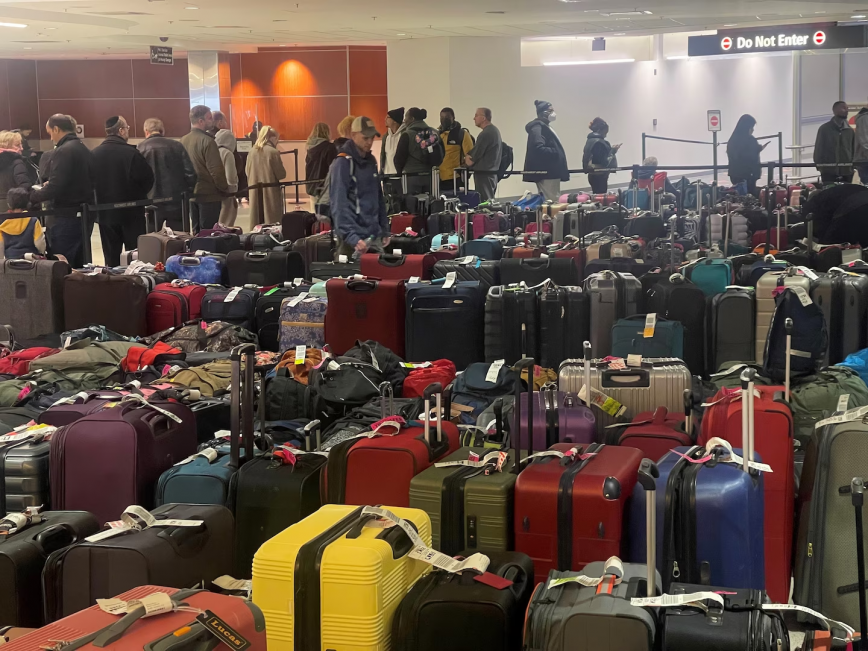Southwest Abandons Open Seating After 53 Years

Introduction: Southwest’s Bold Move
In a surprising announcement on Thursday, Southwest Airlines revealed it will eliminate its iconic open seating policy, a staple of the airline for 53 years. This decision marks a significant shift in the airline’s approach, aiming to boost revenue and cater to evolving customer preferences. Southwest’s unique boarding process, where passengers board in groups of 30 and choose their seats upon entering the plane, has been a hallmark of its egalitarian image. Now, the airline will transition to assigned seating and introduce premium seating options with more legroom.

The Origins of Open Seating
Southwest Airlines has long been celebrated for its open seating policy. This system, which allowed passengers to choose their seats on a first-come, first-served basis, helped establish the airline as a “people’s airline.” The open seating model fostered a sense of fairness and democracy among travelers, reinforcing Southwest’s brand as an airline that prioritizes customer satisfaction and simplicity.
The Move to Assigned Seating
The airline’s decision to switch to assigned seating has sparked a wave of reactions, particularly from loyal Southwest customers. Many frequent flyers believe this change undermines the airline’s identity and core values. Despite the backlash, Southwest is moving forward with its new seating arrangements, which will include approximately one-third of seats across its fleet offering extra legroom.
The Impact on Loyal Customers
Long-time Southwest customers, like Saty Reddy, a lawyer from the Bay Area, and Benét J. Wilson, an aviation journalist and Southwest superfan, have expressed their disappointment. Reddy sees this shift as “the end of the people’s airline,” while Wilson feels that the new policies will make Southwest resemble any other airline, losing its distinctive “swag and personality.”
Reactions from Frequent Flyers
Grant Goodman, a 24-year-old actor from Atlanta, is another loyal Southwest customer who feels betrayed by the change. Known for his dedication to securing a front row, middle seat, Goodman enjoyed the challenge of checking in exactly at the 24-hour mark to get his preferred spot. For many passengers like Goodman, the open seating policy was more than just a boarding method; it was a beloved aspect of their travel routine.
The Business Perspective
From a business standpoint, Southwest’s decision to transition to assigned seating and introduce premium options is a strategic move to increase revenue. By offering seats with more legroom and other perks, the airline aims to attract a broader customer base, including those willing to pay extra for additional comfort. This shift reflects broader trends in the airline industry, where carriers increasingly offer tiered seating options to maximize profitability.

The Evolution of Customer Preferences
Customer preferences in the airline industry have evolved significantly over the years. Today’s travelers often prioritize comfort, convenience, and customization. By moving to assigned seating and premium options, Southwest is responding to these changing demands. However, the challenge will be maintaining its unique brand identity while adapting to modern customer expectations.
Maintaining Brand Identity
One of the biggest challenges Southwest faces with this transition is maintaining its brand identity. The open seating policy was a significant part of what set Southwest apart from its competitors. As the airline moves towards a more conventional seating model, it must find new ways to preserve the elements that have endeared it to customers for decades. This includes its commitment to customer service, affordability, and a fun, friendly atmosphere.
The Future of Southwest Airlines
Looking ahead, Southwest Airlines will need to balance its new seating policies with the core values that have made it successful. While assigned seating and premium options may attract new customers, the airline must ensure it does not alienate its loyal base. This will involve careful management of the transition and a continued focus on providing exceptional service and value.
Conclusion: A New Chapter for Southwest
The end of open seating at Southwest Airlines marks the beginning of a new chapter. While the decision has met with mixed reactions, it represents the airline’s effort to stay competitive and meet the changing needs of its customers. As Southwest navigates this transition, it will be crucial to uphold the qualities that have made it a beloved choice for millions of travelers. The airline’s ability to adapt while maintaining its unique identity will determine its success in the years to come. Photo Southwest / Washingtonpost

